former Senior scientist
| Stay period: | April 1, 2010 - Oct. 5, 2020 |
| Now: | CEO at SmartNanotubes Technologies |
| Link to external profile: | https://smart-nanotubes.com/ |
Viktor studied Physics at Kharkov National University (Ukraine) from 1993 to 1998. He got his Diploma on indirect excitons in semiconducting heterostructures with Prof. S.I. Shevchenko and started his PhD at the Institute for Low Temperature Physics and Engineering, Kharkov in 1998. In 2000 Viktor came to Dresden to continue his PhD at the Max-Planck-Institute for the Physics of Complex Systems with Prof. P. Fulde. There, he primarily worked on the development of the method for the calculation of electronic structure of solids with quantum chemical methods. After defending his PhD thesis in February 2004, he stayed there for one more year as a PostDoc to develop his wavefunction-based methods for excitons. From March 2005 to March 2010 he was a research associate at the Max-Plank-Institute for Chemical Physics of Solids, Dresden. There he worked with Prof. Grin on the development of Electron Localizability Indicator (ELI) for correlated wavefunctions and application of ELI for chemical bonding analysis in position space.
In April 2010 Viktor joined the group of Prof. Cuniberti. Here he works on structural and electronic properties of nanotubes and two-dimensional sheets, effects at the nanotube-lead interface and modeling of nanoscaled devices. His experimental work concerns chemical functionalization of CNTs for their application in organic solar cells and the synthesis of nanostructures for their application in biosensors. Since January 2013 he heads a mixed theory and experiment group "Nano- and Mesoscopic Systems".
He co-founded SmartNanotubes Technologies
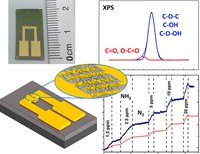

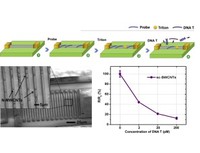

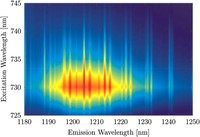

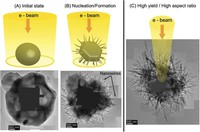





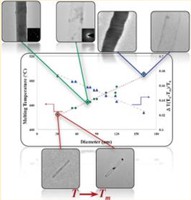



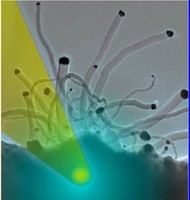



former Senior scientist
| Stay period: | April 1, 2010 - Oct. 5, 2020 |
| Now: | CEO at SmartNanotubes Technologies |
| Link to external profile: | https://smart-nanotubes.com/ |
Viktor studied Physics at Kharkov National University (Ukraine) from 1993 to 1998. He got his Diploma on indirect excitons in semiconducting heterostructures with Prof. S.I. Shevchenko and started his PhD at the Institute for Low Temperature Physics and Engineering, Kharkov in 1998. In 2000 Viktor came to Dresden to continue his PhD at the Max-Planck-Institute for the Physics of Complex Systems with Prof. P. Fulde. There, he primarily worked on the development of the method for the calculation of electronic structure of solids with quantum chemical methods. After defending his PhD thesis in February 2004, he stayed there for one more year as a PostDoc to develop his wavefunction-based methods for excitons. From March 2005 to March 2010 he was a research associate at the Max-Plank-Institute for Chemical Physics of Solids, Dresden. There he worked with Prof. Grin on the development of Electron Localizability Indicator (ELI) for correlated wavefunctions and application of ELI for chemical bonding analysis in position space.
In April 2010 Viktor joined the group of Prof. Cuniberti. Here he works on structural and electronic properties of nanotubes and two-dimensional sheets, effects at the nanotube-lead interface and modeling of nanoscaled devices. His experimental work concerns chemical functionalization of CNTs for their application in organic solar cells and the synthesis of nanostructures for their application in biosensors. Since January 2013 he heads a mixed theory and experiment group "Nano- and Mesoscopic Systems".
He co-founded SmartNanotubes Technologies



















